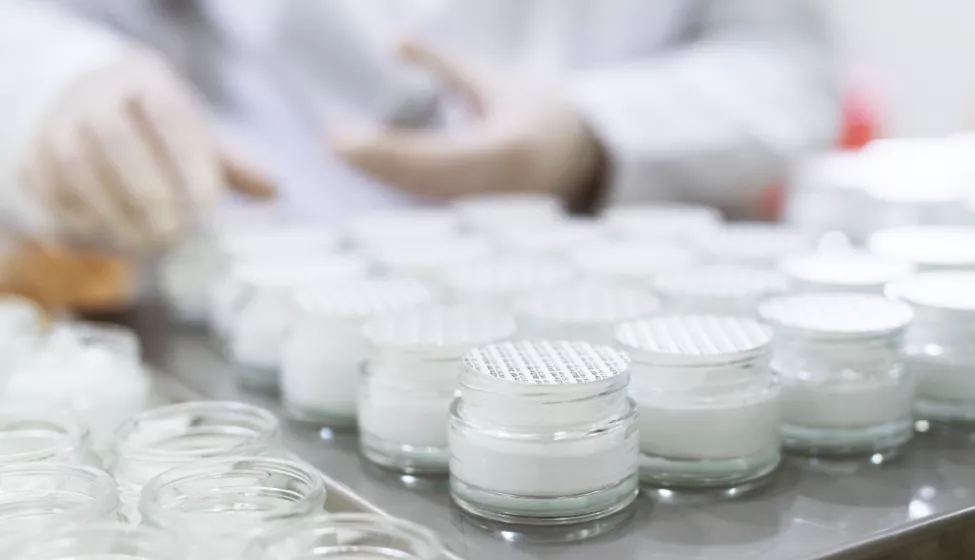June 8, 2021
The overarching Cosmetic Supervision and Administration Regulation (CSAR) and its implementing texts are in force from May 1, 2021
The new Chinese cosmetic regulation, the Cosmetic Supervision and Administration Regulation (CSAR), entered into force on January 1, 2021, with the related administrative measures and documentation requirements entering into force on May 1, 2021. These new rules bring significant changes to the regulation of cosmetic ingredients and products in China. The most significant change is that General Cosmetics can now be imported into China without animal testing.
The changes are as follows:
- General cosmetics imported into China can be exempted from animal testing requirements if the applicant for filing can provide a safety assessment and a Good Manufacturing Practice (GMP) certificate issued by the competent government authority of the country where the product is manufactured. The UK, France, and Germany have implemented systems to provide acceptable certification to meet this requirement, but many countries, including the U.S., do not yet have a system in place.
- Animal testing is still required for special cosmetics, products for children, products containing new cosmetic ingredients (within the three-year monitoring period), and companies specifically targeted by the National Medical Products Administration (NMPA).
- New cosmetic ingredients considered high risk such as preservatives, UV filters, hair dyes, whitening agents, and colourants will be subject to registration with the NMPA, whilst new lower-risk ingredients will need to go through a filing process. Annual safety and usage reports must then be submitted to NMPA for three years, after which point the ingredient will be added to the Inventory of Existing Cosmetic Ingredients in China (IECIC) if there are no safety concerns. All new ingredients must have a safety assessment carried out.
- Cosmetic products are now classified as either special cosmetics or general cosmetics. Special cosmetics include hair dyes, hair perming products, skin whitening products, sunscreens, anti-hair loss products, and any product with a "new" function as determined by the NMPA. All other cosmetic product types fall under general cosmetics. Toothpastes are not considered cosmetics but are still regulated with reference to general cosmetics regulations, including the requirement for notification. CSAR does not apply to soaps unless the product makes claims that classify it as a special cosmetic.
- Special use cosmetics must be registered with NMPA and approved, whereas general cosmetics only have to be notified. Both product types require a safety assessment carried out by a suitably qualified person.
- All efficacy claims must be backed up with scientific evidence submitted to the NMPA.
- There are now strict sanctions for non-compliance with these new regulations, with potential fines up to 30 times the value of the offending goods if quality and safety standards are not met.
How Exponent Can Help
Exponent's chemical and cosmetics safety consultants are ready to advise manufacturers and importers of cosmetic products in China. We have qualified safety assessors and can carry out thorough formulation and label artwork reviews to help meet regulatory requirements, as well as provide guidance on all other aspects of bringing cosmetic products to market in China and worldwide.


